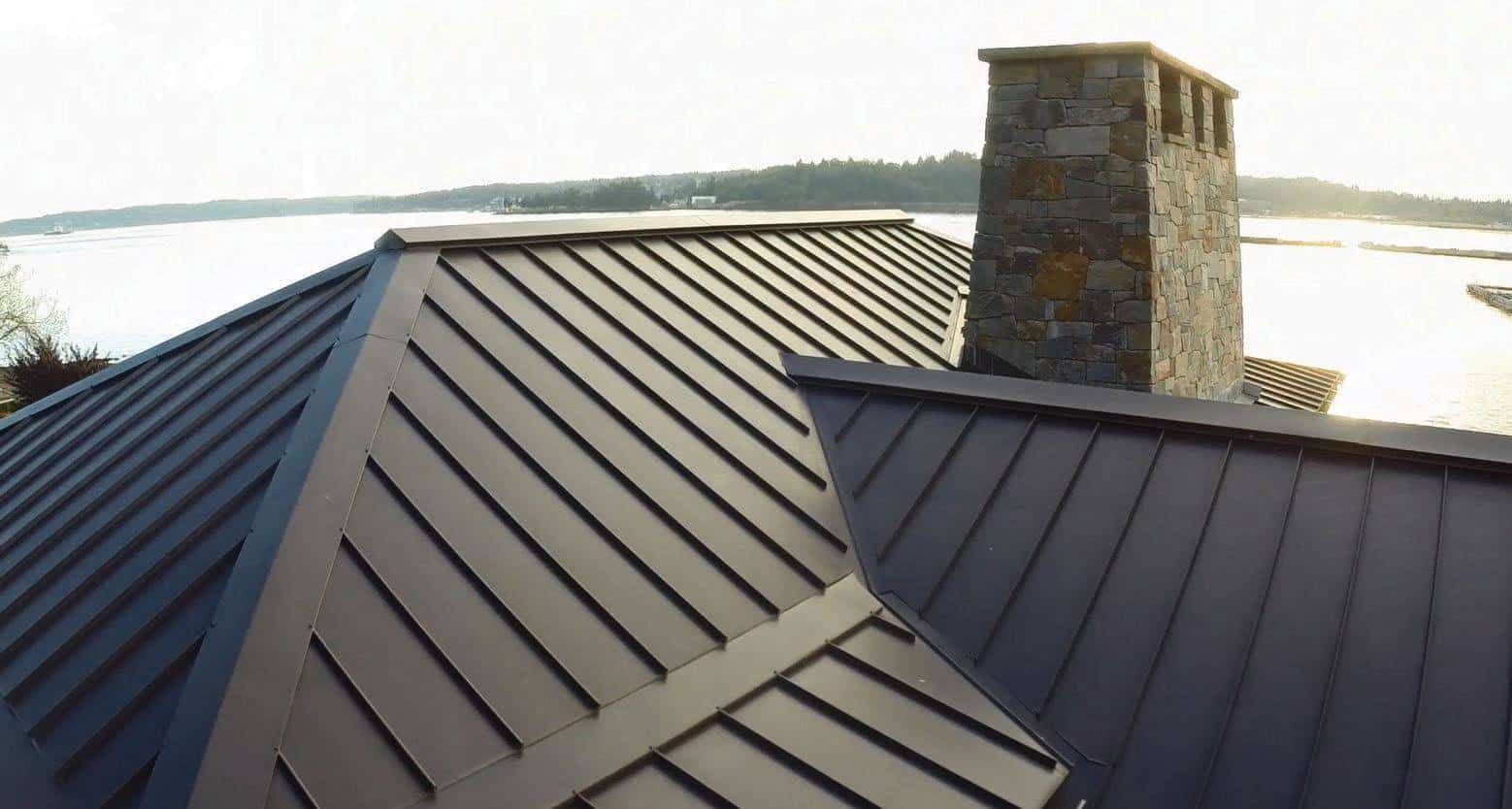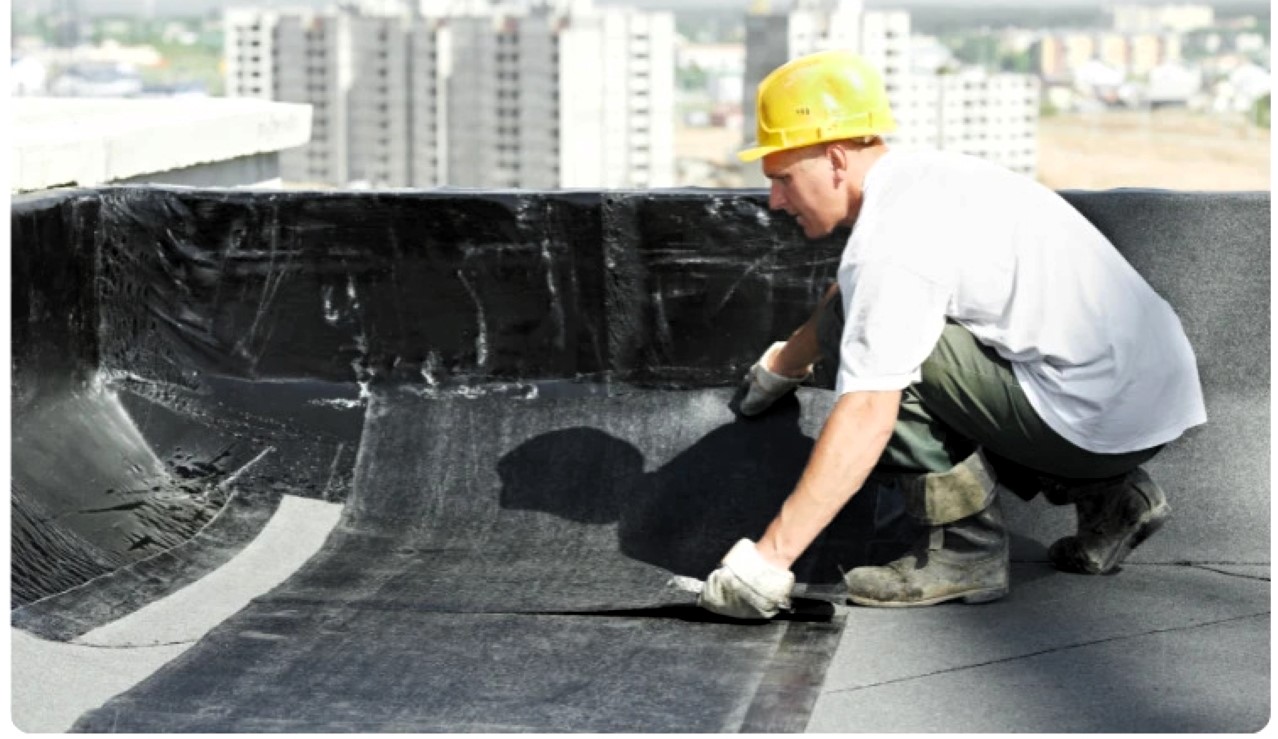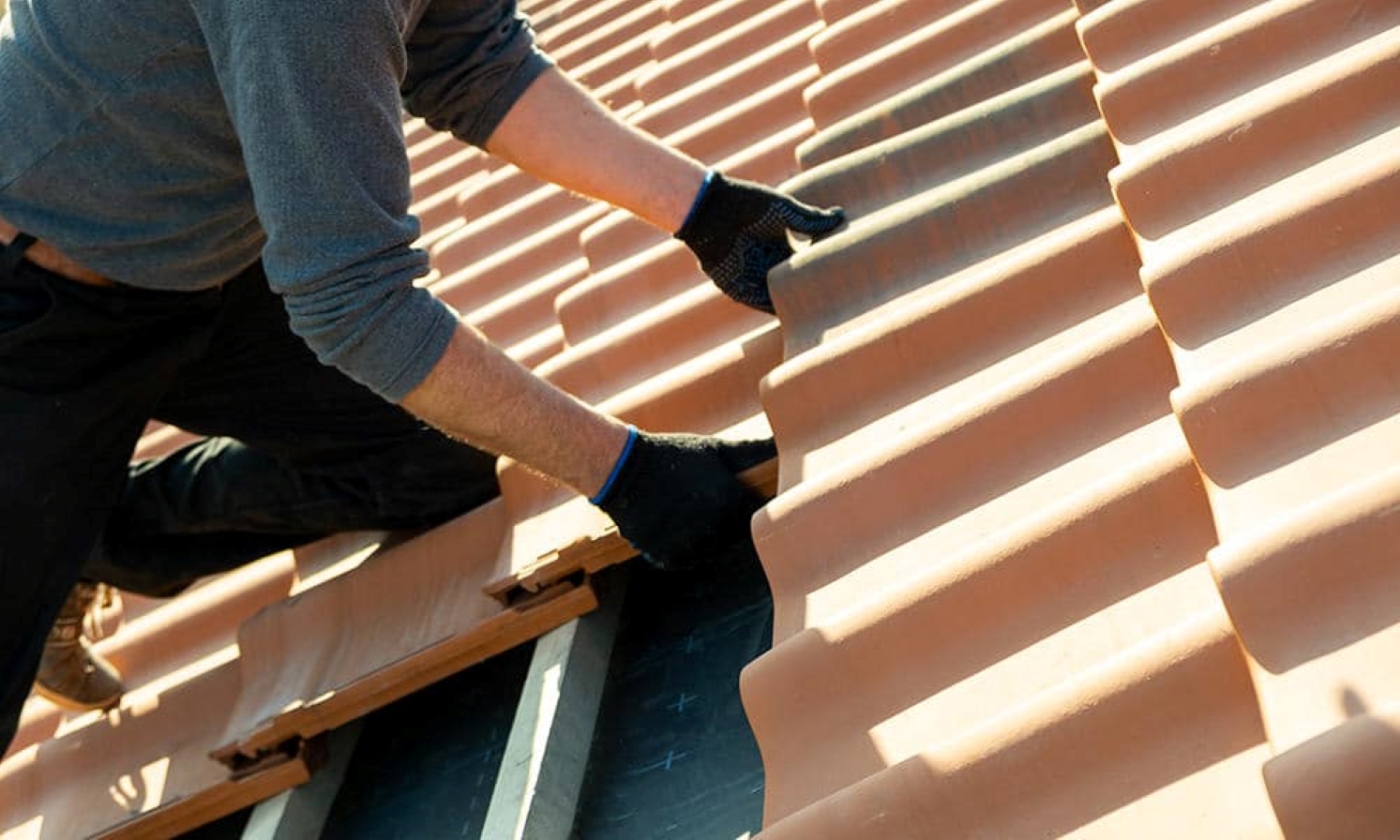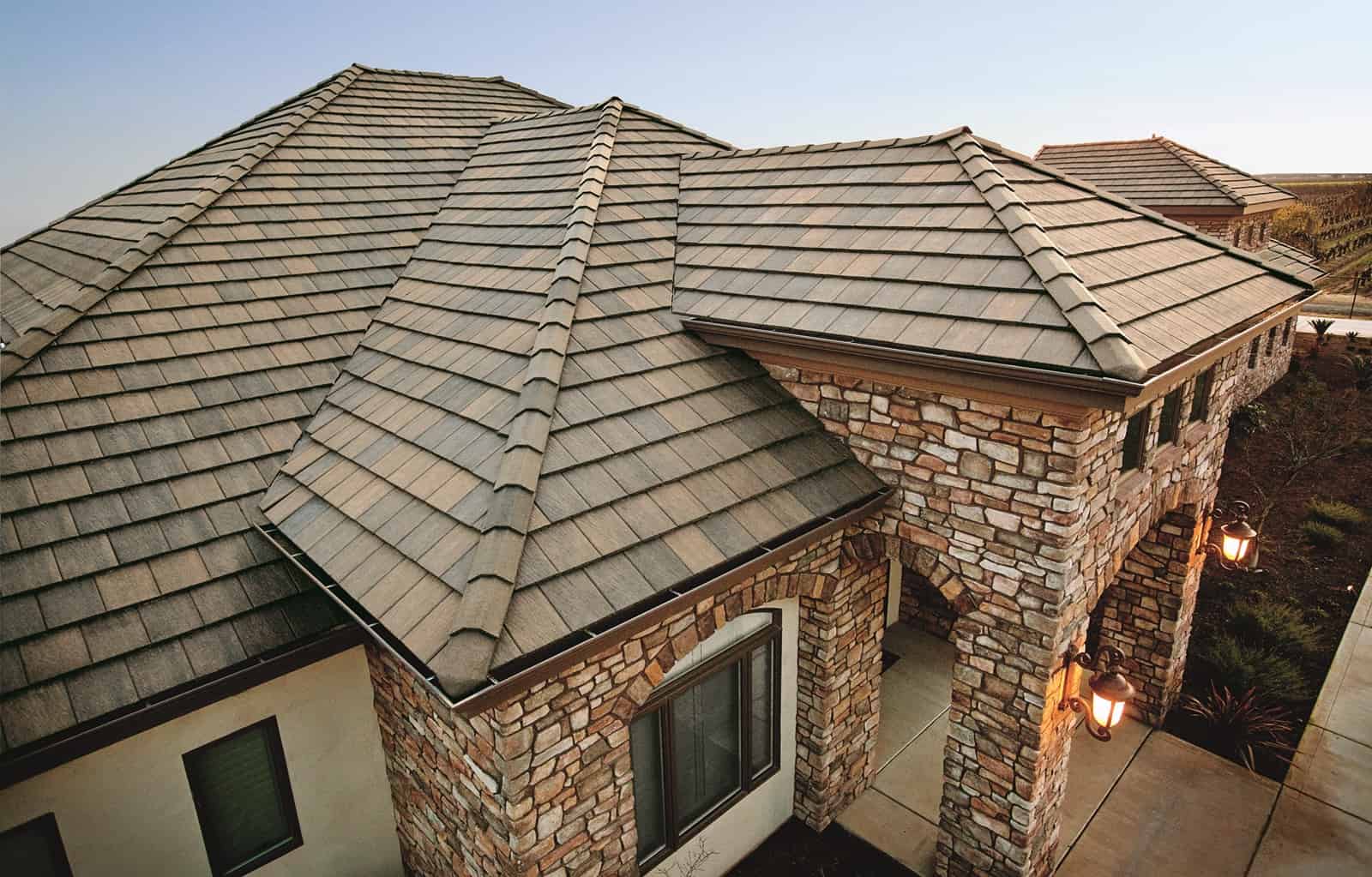Choosing the right roof for your Florida home is crucial due to the state’s unique weather conditions. With high humidity, intense sun, and the risk of hurricanes, your roof must be durable, energy-efficient, and able to withstand severe weather. This blog explores the best roof types for Florida homes, providing you with detailed insights to make an informed decision.
Why Roof Selection Matters in Florida
Florida’s climate poses specific challenges for homeowners. The right roofing material can protect your home, enhance energy efficiency, and save on maintenance costs. Here are some key factors to consider when choosing a roof in Florida:
- Durability: The roof must withstand high winds, heavy rain, and hail.
- Energy Efficiency: A good roof helps in reducing cooling costs.
- Maintenance: The material should be easy to maintain and repair.
Best Roof Types for Florida Homes
Asphalt Shingles
Best Roof Types:
Asphalt shingles are a popular choice for many homeowners due to their affordability and ease of installation. They come in various styles and colors, making them versatile for different architectural designs.
Advantages:
- Cost-effective
- Easy to install and replace
- Available in a variety of colors and styles
Disadvantages:
- May not last as long as other materials
- Can be susceptible to wind damage
Metal Roofing
Best Roof Types:
Metal roofing is increasingly popular in Florida due to its durability and energy efficiency. Materials like aluminum, steel, and copper offer longevity and resistance to weather elements.

Advantages:
- Extremely durable and long-lasting
- Reflects sunlight, reducing cooling costs
- Resistant to fire, rot, and insects
Disadvantages:
- Higher initial cost
- Can be noisy during rain or hail
Tile Roofing
Best Roof Types:
Tile roofs, including clay and concrete tiles, are traditional choices for Florida homes. They offer a unique aesthetic appeal and excellent durability.
Advantages:
- Long lifespan (up to 50 years)
- Fire-resistant
- Excellent insulation properties
Disadvantages:
- Heavy and may require additional structural support
- More expensive than asphalt shingles
Flat Roofing
Best Roof Types:
Flat roofs are common in commercial buildings but can also be suitable for residential properties, particularly for modern-style homes. They often use materials like TPO, PVC, and modified bitumen.

Advantages:
- Provides additional usable space (e.g., for solar panels or a rooftop garden)
- Generally easier and safer to inspect and maintain
Disadvantages:
- Requires more maintenance to prevent leaks
- May have a shorter lifespan compared to sloped roofs
Detailed Comparison of Roof Types
Asphalt Shingles vs. Metal Roofing
Best Roof Types:
Durability:
- Asphalt Shingles: 20-30 years
- Metal Roofing: 40-70 years
Energy Efficiency:
- Asphalt Shingles: Moderate
- Metal Roofing: High (reflective properties)
Cost:
- Asphalt Shingles: $5,000 – $8,000
- Metal Roofing: $10,000 – $15,000
Tile Roofing vs. Flat Roofing
Best Roof Types:
Durability:
- Tile Roofing: 50 years or more
- Flat Roofing: 10-20 years
Energy Efficiency:
- Tile Roofing: High (natural insulation)
- Flat Roofing: Moderate to high (depends on materials used)
Cost:
- Tile Roofing: $15,000 – $30,000
- Flat Roofing: $5,000 – $10,000

Factors to Consider When Choosing a Roof
Climate Resilience
Best Roof Types:
- Durability against hurricanes and heavy rains is critical. Metal and tile roofs are highly recommended for their resilience.
Aesthetic Appeal
Best Roof Types:
- Your roof should complement your home’s architectural style. Tile roofs offer a classic, Mediterranean look, while metal roofs can provide a sleek, modern appearance.
Budget
Best Roof Types:
- Consider both the initial cost and long-term savings. Asphalt shingles are the most budget-friendly option, while metal and tile roofs offer better longevity and lower maintenance costs.
Maintenance Requirements
Best Roof Types:
- Some materials require more upkeep than others. Metal roofs need less frequent maintenance, whereas flat roofs need regular inspections to prevent leaks.
Installation and Maintenance Tips
Installation
Best Roof Types:
- Always hire a professional roofing contractor to ensure proper installation. Incorrect installation can lead to leaks, reduced lifespan, and voided warranties.
Maintenance
Best Roof Types:
- Regular inspections: Check for damaged shingles, tiles, or panels.
- Clean gutters: Ensure they are free of debris to prevent water damage.
- Repair promptly: Fix any minor issues before they become major problems.
FAQs about Best Roof Types for Florida Homes
What is the most cost-effective roof type for Florida homes?
Best Roof Types:
- Asphalt shingles are the most cost-effective option in terms of initial costs. However, consider the long-term savings of metal roofs due to their durability and energy efficiency.
Which roof type offers the best protection against hurricanes?
Best Roof Types:
- Metal roofs are highly resistant to high winds and flying debris, making them an excellent choice for hurricane-prone areas.
How often should I inspect my roof?
Best Roof Types:
- It is recommended to inspect your roof at least twice a year and after any major storm.
Can I install solar panels on any roof type?
Best Roof Types:
- Yes, but flat roofs and metal roofs are particularly suitable for solar panel installations due to their structural stability and ease of access.
What are the signs that I need a new roof?
Best Roof Types:
- Signs include missing or damaged shingles, frequent leaks, and a roof that is over 20 years old. If you notice any of these, it might be time to consider a replacement.
Conclusion
Choosing the best roof type for your Florida home involves considering durability, energy efficiency, maintenance, and cost. Asphalt shingles, metal, tile, and flat roofs each have unique advantages and disadvantages. By understanding these differences, you can make an informed decision that protects your home and enhances its value. For the best results, consult with a professional roofing contractor who understands the specific needs of Florida homes. Remember, the right roof is an investment in your home’s future.


